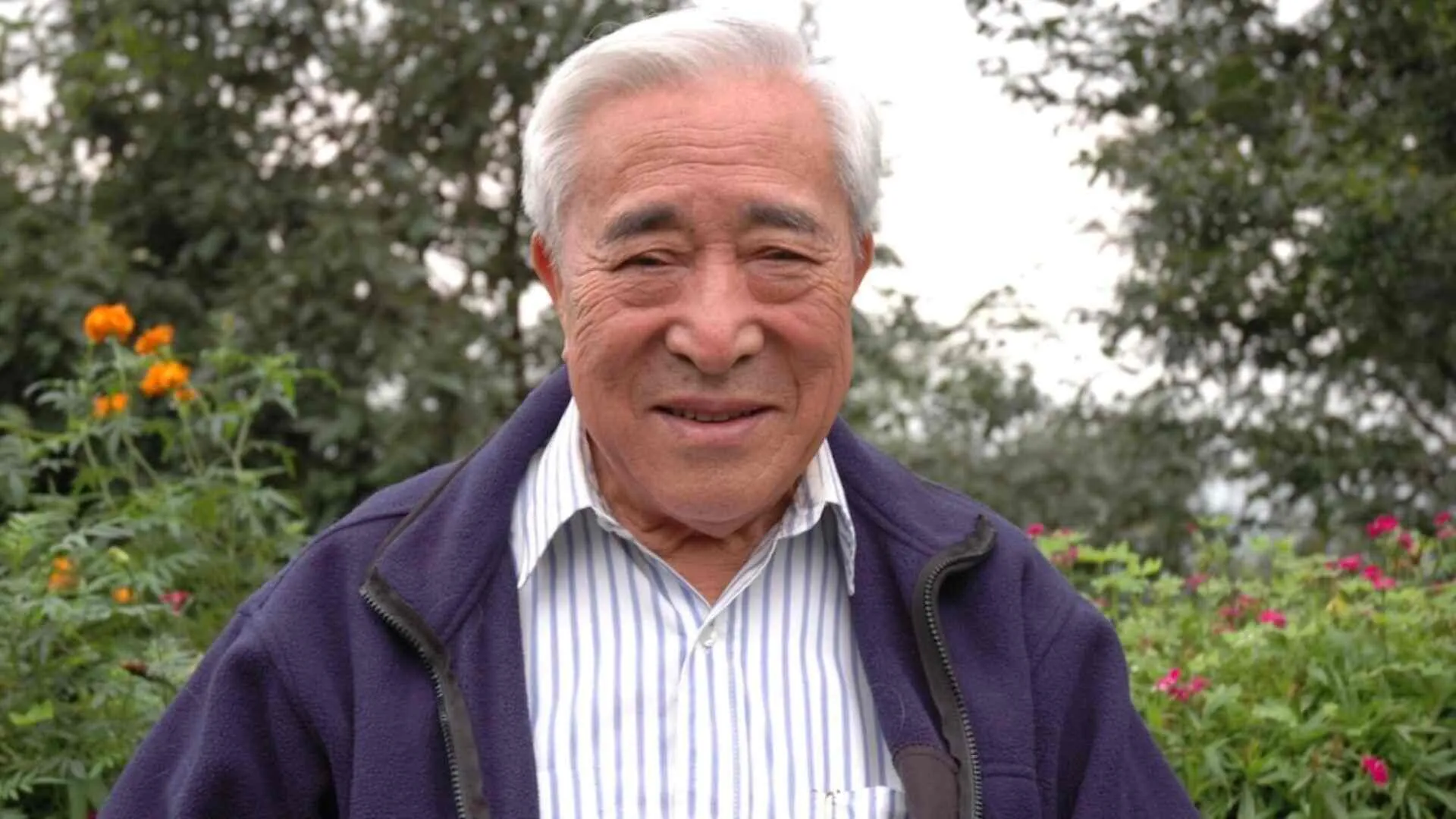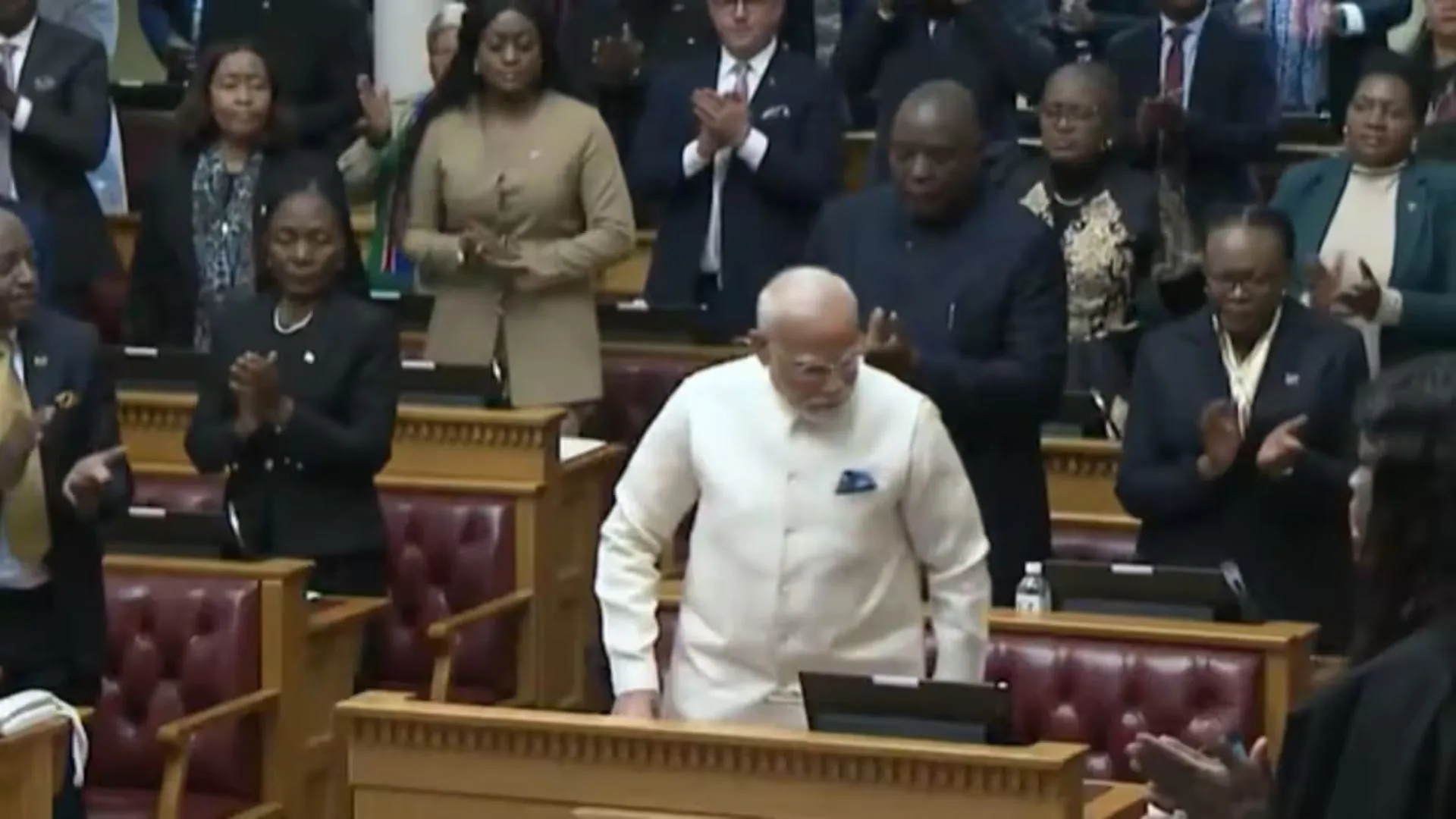Gyalo Thondup, elder brother of the Dalai Lama and former chairman of the exiled Tibetan government in India, died on Saturday evening at the age of 97. He breathed his last at his home in Kalimpong, a hill town in the eastern West Bengal state, though no further details about his death were immediately released.
Thondup played a significant role in several rounds of talks with China and was credited with forging vital international support for the Tibetan cause. He was instrumental in networking with foreign governments and helped garner U.S. support for the Tibetan struggle. Tibetan media outlets lauded his tireless efforts to advance their cause.
On Sunday, the Dalai Lama performed a prayer ceremony for his deceased brother at one of the largest Tibetan monasteries in southern India, while residing in the latter for his winter sojourn. Here, the Dalai Lama chanted for ‘swift rebirth’ of his late brother according to Buddhist ritual. His efforts towards the Tibetan struggle were immense and we are grateful for his contribution.
Thondup was one of six siblings of the Dalai Lama and the only one not destined for a religious life. After making India his home in 1952, Thondup helped establish early contacts with the Indian and U.S. governments in support of Tibet. He was crucial in liaising with Indian leaders, including Prime Minister Jawaharlal Nehru, after the Dalai Lama’s escape to India. Additionally, Thondup played a crucial role in establishing relationships between Tibetan leaders and U.S. officials.
In 1979, Thondup engaged the Chinese leadership in talks and dropped his demand of armed revolution to liberate Tibet from China. He did all this for diplomacy. Remembering his talks with Beijing officials, Thondup said, as quoted in Radio Free Asia in 2003, that he believed, “Neither India nor the U.S. could find a solution for the Tibetan cause, and a solution can come only with the face-to-face talks at Beijing.”
Thondup served as the chairman of the exiled Tibetan government based in Dharamshala, India, from 1991 to 1993, leaving a lasting impact on the Tibetan political landscape.





















